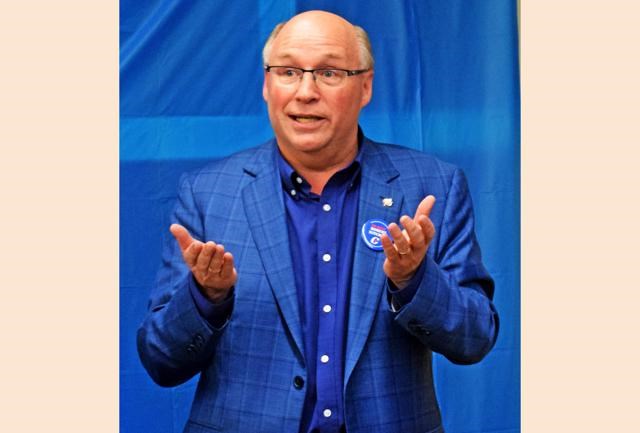The federal Liberals introduced the first budget in two years that will pump new spending of $101 billion over the next three years, including the promise of a new national daycare program that aims to lower fees to $10 a day within five years.
The budget also balloons the deficit by $154.7 billion, on top of the deficit of $354.2 billion for the 2020-21 year, with the federal debt projected to hit $1.4 trillion by 2025-26.
The Liberals plan to spend $30 billion over the next five years for the new daycare program, with child care fees to be reduced by 50 per cent by the end of 2022.
Job and business subsidy programs will see $12.2 billion in funding, as benefits such as Canada Emergency Business, Canada Emergency Rent Subsidy and the Canada wage subsidy are extended to September, and a further $14.6 billion is being spent for worker benefits.
The plan is also for a $15 an hour minimum wage for federally-regulated workplaces, such as banks, airlines and the telecom sector, and for seniors, those who are 75 years and over will receive a one-time payment of $500 in August. There will also be a 10-per-cent increase in benefits starting in July 2022.
There are some new taxes in this budget, including a luxury tax on vehicles and personal aircraft worth more than $100,000, more taxes on tobacco and vaping products, a digital services tax on services provided by such companies as Netflix and Facebook, and a one-per-cent tax on vacant properties not owned by Canadians.
There was nothing in the budget for the oil and gas sector, said Souris-Moose Mountain MP Dr. Robert Kitchen, and only a vague reference that was applicable to the agricultural industry. He said the budget makes a reference to returning a portion of the funds to farmers taken in taxes, “but there’s no place in the budget about that.”
Otherwise, he said, this budget brought in a huge amount of spending that is going to add billions to the country’s long-term debt.
“This prime minister brought forward the first budget in two years, and he’s added on nearly half a trillion dollars to our national debt,” said the MP, adding that Trudeau has nearly doubled the national debt in the time he’s been prime minister.
As far as the proposal for the child care program, Kitchen commented that parents know far better than bureaucrats what is best for their children, and it’s better to leave the tools in place for the parents to decide about whether to use funds for day care or to care for the children at home.
There is talk about supporting carbon capture projects, but there is no mention of whether there is any recognition of the carbon capture technology already in use here in Saskatchewan, said the MP, and indeed there is a reference saying any funds for this technology is not to be used as enhanced oil recovery (EOR), which is partly how the technology is used here.
As for the programs in place to address the impacts of the pandemic on workers and businesses, Kitchen noted that the Conservatives supported these programs, but there were many issues with how they worked, and the party ensured changes were made so they worked better.
The MP pointed out that the programs wouldn’t be needed so badly if Trudeau hadn’t failed in sourcing enough vaccines for Canada. The provinces have done a good job in getting vaccines out, but the lack of vaccine supply has not helped very much.
One positive point was the provision of $59 million for VIDO, which is developing a Canadian COVID vaccine at the University of Saskatchewan, and Kitchen said these funds will definitely help out in the research being done there.
Federal Conservative leader Erin O’Toole said of the budget, “Canadians are asking for an economic recovery plan that improves their personal financial security by creating jobs, increasing wages, and lowering taxes. Unfortunately, this budget does next to nothing to secure the Canadian economy. Unemployed Canadians hoping to find work, workers who have had their wages cut due to lockdowns, and families struggling to pay down their mortgage or save for their children’s post-secondary education – they are all going to feel let down by this Liberal budget.
“The Prime Minister wants to test an out-of-control debt plan without any real stimulus, one that abandons the natural resource sector entirely, and provides no real fiscal anchor. This Ottawa-knows-best approach will continue to lead to ballooning housing costs, higher taxes, growing risk of inflation, and will leave millions of Canadians behind.”



